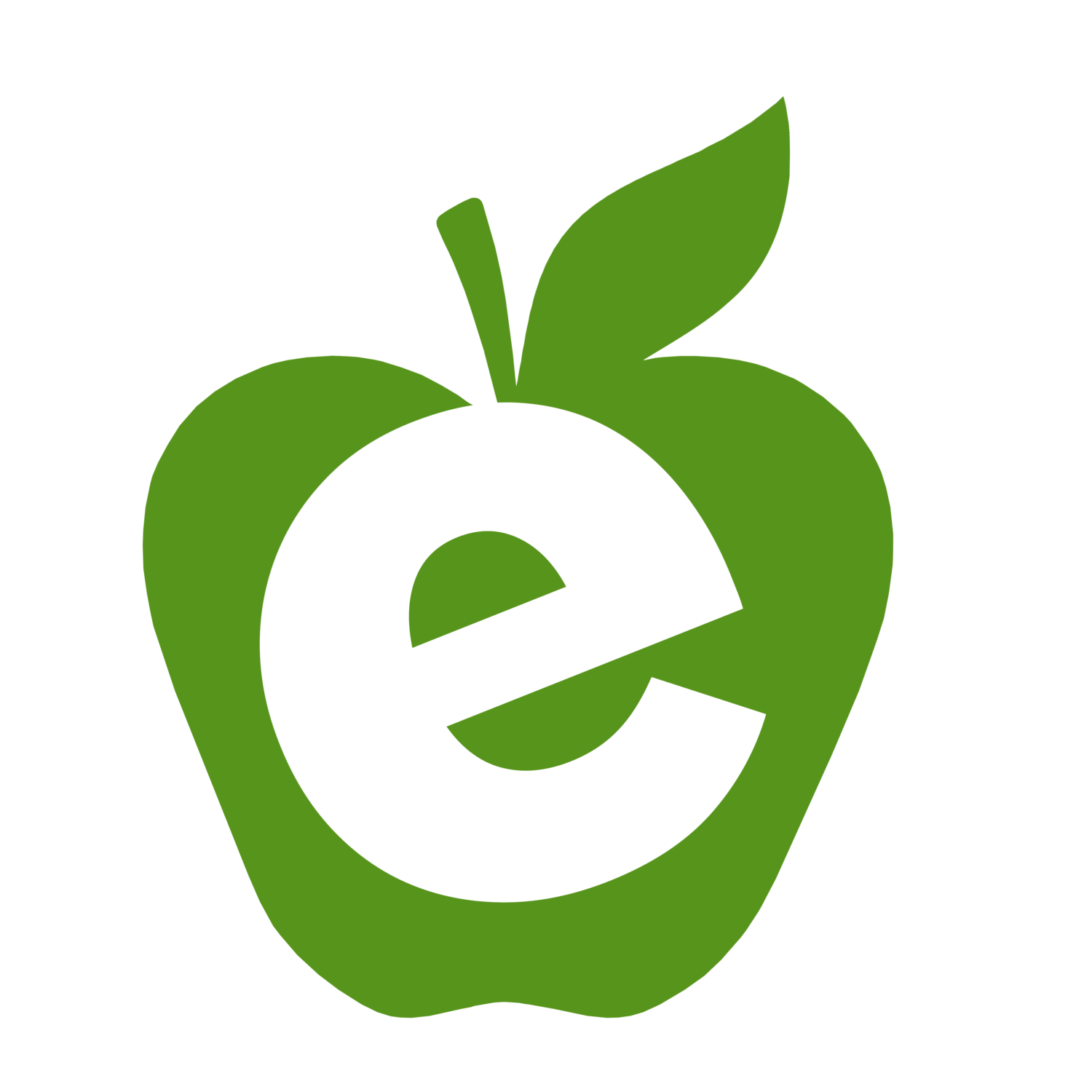A recent U.S. News and World Report author summed up what the past 2 years of education have taught our communities. The feature focused on how 2021 had “set the stage” for a massive overhauling of our public education system. The writer focused on problems that have been revealed during this unprecedented time. But the bigger question is, “How will community leaders answer the call? Who will get a say?”
Robin Lake, Director of the Center on Reinventing Public Education, was interviewed and echoed much of what we see in our work as an organization,
Students’ diverse needs demand diverse solutions… We have to think about reaching kids in new ways, and now is a critical time for us to ask older students and parents, ‘What are your family’s needs and how can we address them in creative ways?’ and ‘What do you want long term?’
There is serious demand for this. Whether or not we realize that, change will depend on forward-thinking system leaders and school leaders and, barring that, advocacy from the community to do something about it.
For far too long, much of education has ignored the individual needs of students as seen in the work of researchers like Todd Rose. And now, COVID has brought other issues to the forefront. Parents expect different things out of the public school system based on their jobs, their income level, etc. Is school in charge of daycare, food, mental health, and then, of course, education?
Should schools have to be all things to all people? The stats on teacher burnout right now suggest that model is not feasible. Parents care deeply about the future of their children. So, what do they want to see as the education landscape shifts? Just look at these parents who are acting as lunch ladies and bus drivers in their spare time to keep school open!
Research from the Center on Reinventing Public Education calls for state policymakers to treat parents and community organizations as partners and co-creators of the future of high quality public education. But do you feel like that’s possible in your community? Want to learn more about ways to get involved? Contact us at hello@effective-ed.org or comment below!

